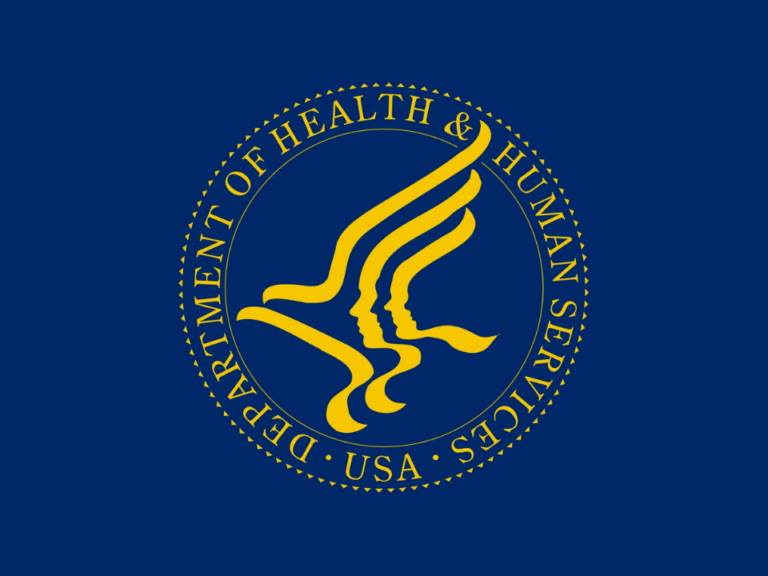The Health Resources and Services Administration last week warned pharmaceutical companies that they must continue to offer 340B Drug Pricing Program discounts on some uses of orphan drugs.
Under the Affordable Care Act, the indications covered by the orphan drug designation are exempt from 340B discounts, which can be as deep as 50 percent.
Thus, for diseases that affect fewer than 200,000 people in the U.S. and that have been recognized as orphan indications by FDA, there would be no discounts.
The logic for the exclusion is straightforward: pharma companies need to be incentivized to develop drugs for smaller populations. At FDA, these drugs are exempted from the application user fee, and when approved, they receive longer exclusivity.
HRSA’s controversial stance affects the situations when drugs that have the orphan designation are used outside their orphan indications.
For example, the drug Rituxan (rituximab) would be exempt from 340B discounts when used within its orphan designations—anti-neutrophil cytoplasmic antibody-associated vasculitis, non-Hodgkin’s B-cell lymphoma, and immune thrombocytopenic purpura.
However, HRSA contends that Rituxan would be subjected to discounts when prescribed for the non-orphan conditions of rheumatoid arthritis, multiple sclerosis, and autoimmune anemia.
The agency’s power to issue a legislative rule on the use of orphan drugs outside their orphan designations was challenged by the pharmaceutical industry lobby and invalidates by a judge, who held that HRSA “acted beyond the bounds of its statutory authority” because Congress did “not confer any rulemaking authority upon HHS” to regulate the scope of the orphan drug exclusion. (The Cancer Letter, June 13).
So, the agency regrouped and issued a similarly phrased interpretative rule.
These two flavors of rules are very different:
- A legislative rule has the force of law; it imposes new duties.
- An interpretive rule merely clarifies existing rules. It does not impose new duties; it explains the duties that are under existence.
But in practical terms, this is a distinction without a difference.
Sources say that more than 50 manufacturers have been contacted after HRSA’s Office of Pharmacy Affairs was informed by covered entities that the 340B price was not available for products with an orphan designation.
The letter instructs them to continue to offer 340B discounts in situations where drugs that have orphan indication are used for other purposes.
Moreover, companies were warned that they would need to issue refunds to covered entities that had been charged more than the statutory ceiling price for covered outpatient drugs.
Companies were asked for a response within 30 days to notify HRSA of plans to repay affected covered entities and to offer the discounted price in the future.
“We fully support the HRSA’s enforcement action against the many pharmaceutical manufacturers who are not following the government’s rule on orphan drug pricing,” said Ted Slafsky, president and CEO of Safety Net Hospitals for Pharmaceutical Access, a Washington, D.C., group. “The government has clearly and correctly interpreted the law as requiring them to provide discounts to rural and cancer hospitals when an orphan drug is used to treat a common condition.”
Similarly, the National Rural Health Association CEO Alan Morgan that “drug companies ignoring the law should be obligated to refund rural safety-net providers.”
Having derailed the HRSA’s effort to make a legislative rule, pharma companies have mounted a legal challenge to the interpretative rule.
“After the Federal District Court of the District of Columbia vacated the HRSA July 23, 2013 rulemaking regarding the 340B orphan drug exemption, in July 2014, the agency issued the exact same rule, but labeled it ‘interpretive,’” said Mit Spears, executive vice president and general counsel of Pharmaceutical Research and Manufacturers of America.
“While we value the hard work and efforts of all agencies, it is important federal agencies recognize and work within the bounds set by Congress. PhRMA is therefore filing suit against the U.S. Department of Health and Human Services to challenge its second attempt to issue a rule conflicting with the plain language of the statute.”
PhRMA’s complaint, filed on Oct. 9 and posted on The Cancer Letter website, says that “HHS’s second attempted rulemaking contains the same substance as the first rule, adopts the same flawed interpretation of [orphan drug exclusion], and should similarly be invalidated as inconsistent with the statute.”
In a separate development, SNHPA urged Genentech to rescind immediately its decision to sell the cancer drugs Avastin, Herceptin, and Rituxan through specialty distributors (The Cancer Letter, Oct. 3, Oct. 10).
“The change will not, to our knowledge, make patients any safer and, in fact, could cause delays in their care. It also will significantly increase safety-net hospitals’ costs,” SNHPA General Counsel Maureen Testoni wrote in a letter to Ian Clark, Genentech CEO of North American Operations.











